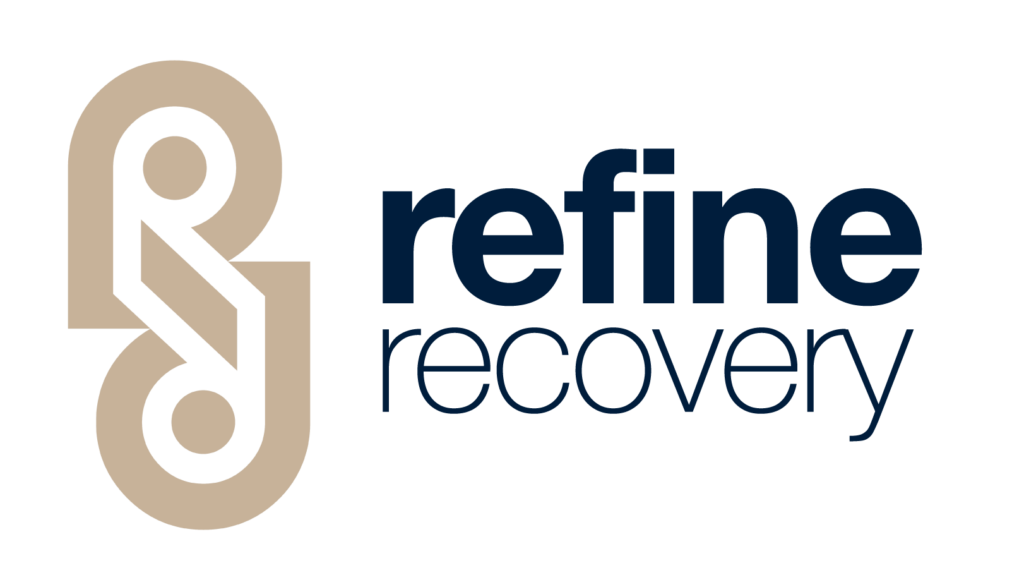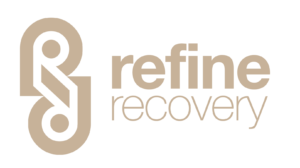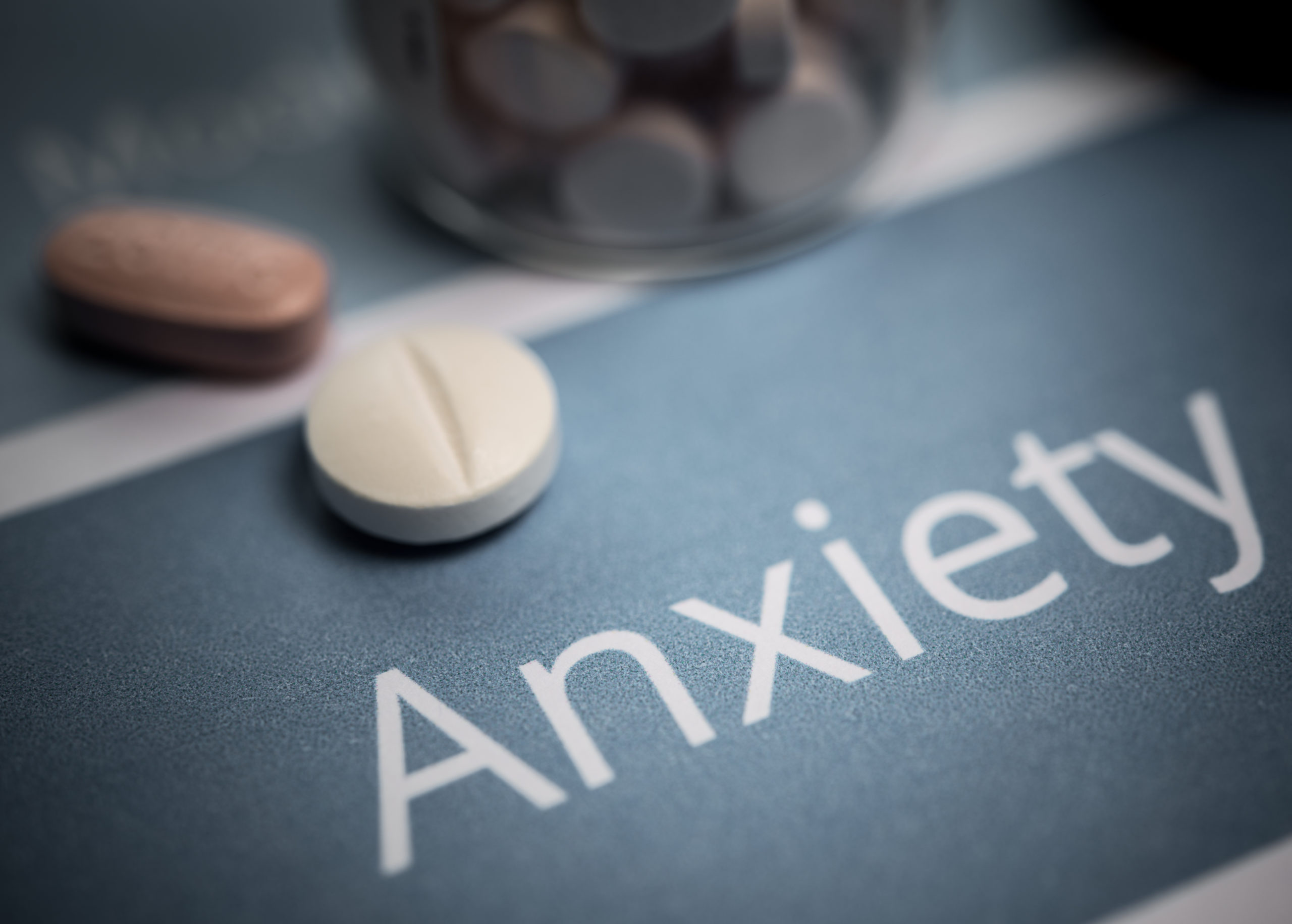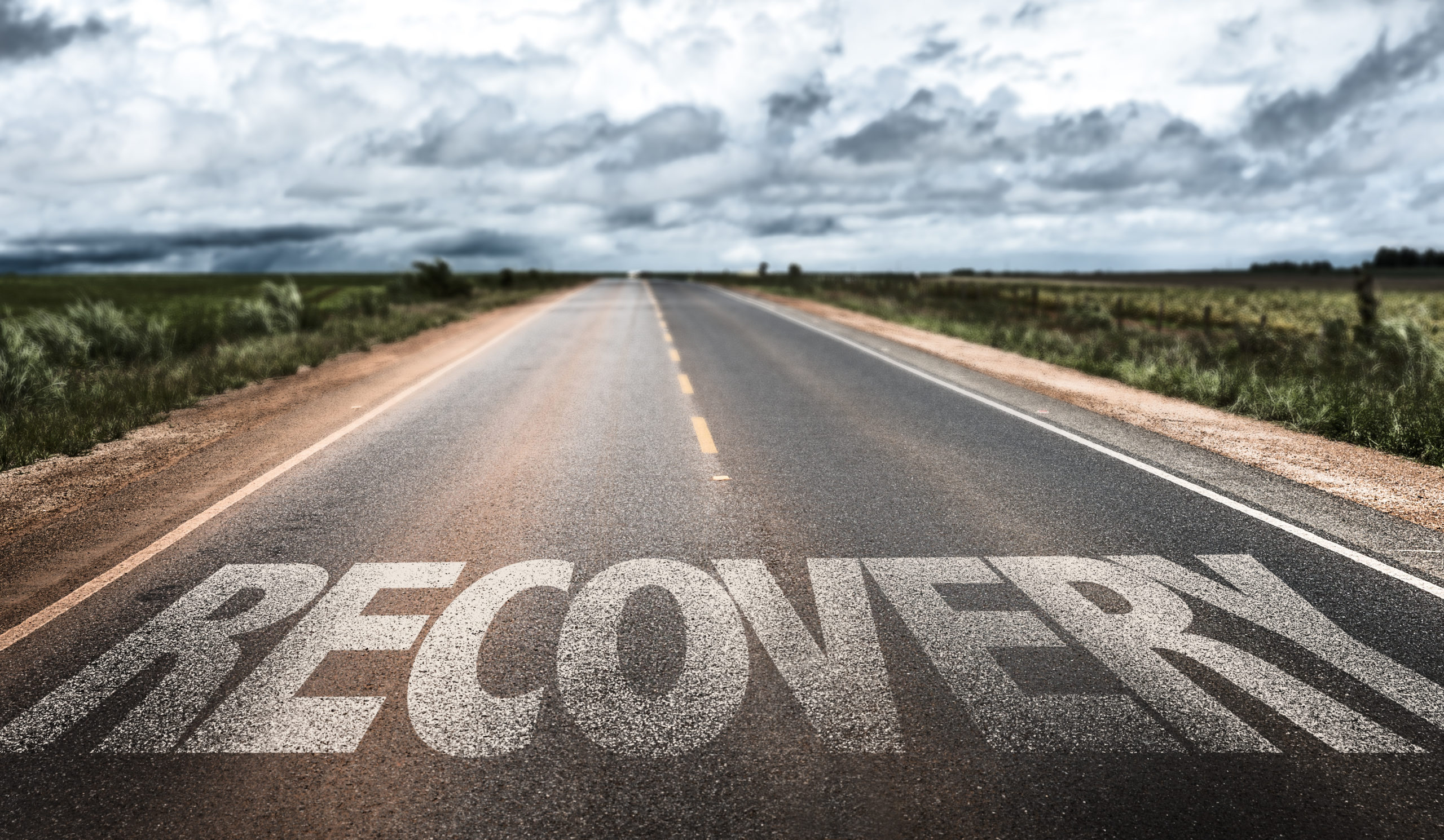Xanax, also known as a benzodiazepine, is a drug that doctors commonly prescribe because it helps with disorders such as anxiety. However, over time, it has been found that continued use of Xanax over a long time can lead to possible addiction of the substance of abuse. Just because it is a medication that helps people doesn’t mean it is 100% safe. It still has risks to the body after long-term use and risk for addiction. Therefore, long-term use should be limited when possible and monitored closely.
What is Xanax?
Xanax is the brand name for alprazolam, which is a type of benzodiazepine. Benzodiazepines are depressants that are often prescribed to provide sedation, improve anxiety or muscle spasms, and decrease seizures. Xanax is one of the most commonly abused drugs of benzodiazepines.
How is Xanax Used?
Xanax is intended to be ingested orally, as prescribed. However, it is often abused by taking more than prescribed or by crushing it up and snorting it to get high. Xanax is also commonly abused along with alcohol or opiates, which is potentially life-threatening.
Is Xanax Addictive?
Xanax is a very addictive drug. Even though it is commonly prescribed to improve various conditions, its use should still be monitored. The majority of individuals who are found to abuse Xanax have already been prescribed it or know someone who has a prescription and is getting it from them. Signs of a developing addiction to Xanax, or other drugs, include:
- Having intense cravings for the drug or feeling like you must use it
- Spending a lot of time or money obtaining the drug, using it, and recovering from the effects of it
- Withdrawal symptoms when you start to reduce your use of the drug
- Tolerance symptoms, or needing more significant amounts of the drug or more frequent doses to get the same effects
- Continued use in situations that are physically hazardous, such as blackouts, memory loss, or driving under the influence
- Continuing to use even when it is causing problems socially, interpersonally, legally, physically, or psychologically
- Trying to stop or reduce use and being unsuccessful
- Use is getting in the way of meeting obligations, such as parenting, work, or school
- Continued use has caused you to give up or reduce important events, such as hobbies or family events
- Your use has progressed over time by consuming larger amounts or over a longer period of time than you intended
Xanax can have varying effects on the mind and the body. Common signs of Xanax use include amnesia, hostility, irritability, vivid or disturbing dreams, sleepiness, and a relaxed mood. If large amounts are taken, leading to overdose, it can cause extreme drowsiness, impaired coordination and reflexes, respiratory depression, coma, and possible death.
Can Xanax Cause Withdrawal?
The physical dependence on benzodiazepines, such as Xanax, can cause withdrawal symptoms once the use of the drug is stopped abruptly. Abruptly discontinued use of Xanax can cause one to experience benzodiazepine withdrawal syndrome. After 1-4 days, this can result in “rebound” anxiety and insomnia. Then, about two weeks after this, the withdrawal symptoms increase, including nausea, loss of appetite, irritability, restlessness, trouble with sleep, muscle aches, tiredness or fatigue, and anxiety.
How to Find the Best Xanax Addiction Treatment Options
Refine Recovery offers state-of-the-art treatment in a beautiful location. You will be able to receive quality treatment for your substance use and mental health concerns while being comfortable and healthy. Once you arrive, we offer medically assisted detox and residential treatment. We provide round-the-clock care with experienced and highly trained staff who are excited to provide you with one on one treatment. Our clinician-to-patient ratio of 3:1 allows this. In addition to therapy for addiction and mental health, we also offer help with nutrition, art therapy, grief counseling, yoga, life skills, and more. We will work alongside you to tailor an individualized treatment plan with our client-focused and highly customizable curriculum.
There are over 14,000 drug rehab centers in the United States. But there’s only one Refine Recovery. Contact us today with a confidential and free call to start your journey to recovery.











